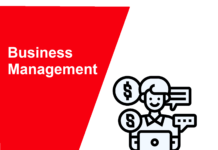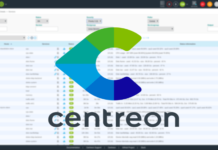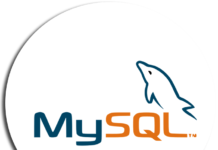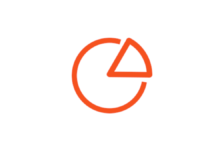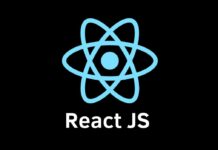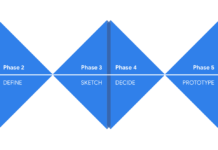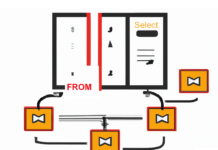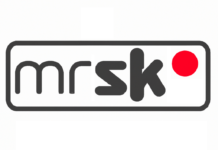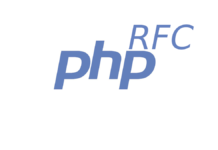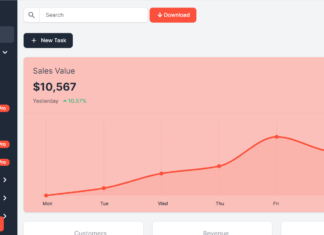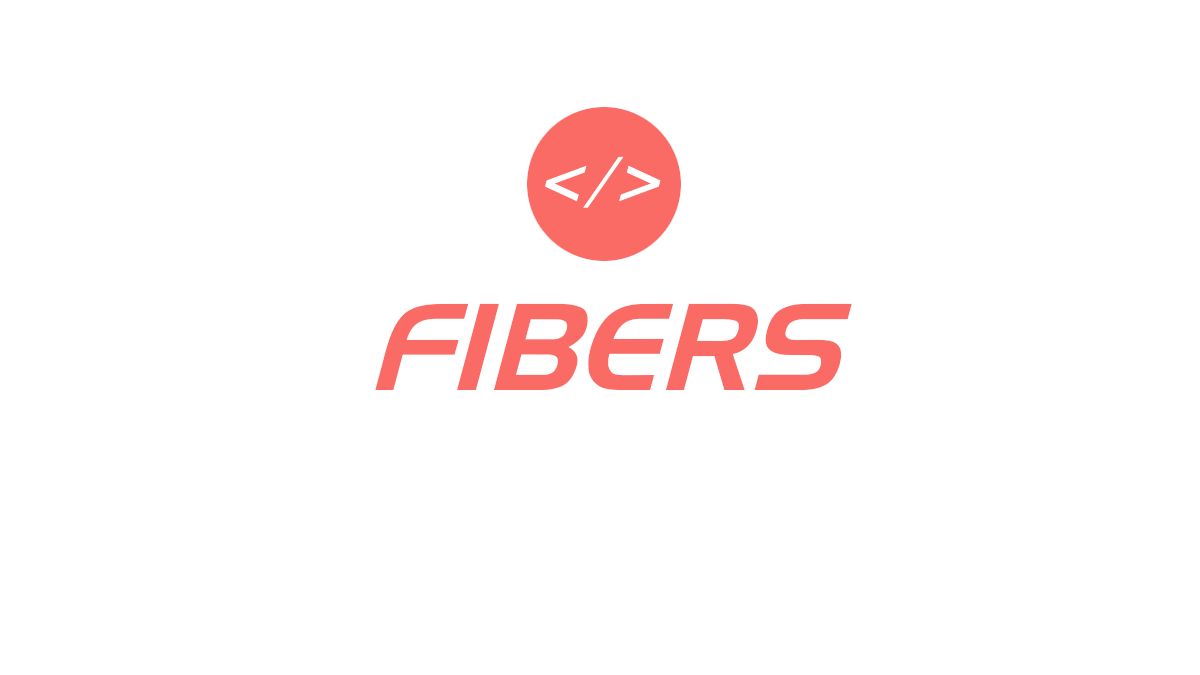The rapid development of artificial intelligence (AI) technologies and tools in recent years has led many developers and IT professionals to wonder about the future of web application development. With the increasing use of AI in various industries, including web development, many professionals are asking themselves how they can position themselves and their companies in the market to stay relevant and competitive.
It is true that the development of AI and related technologies has raised concerns among some PHP developers and IT professionals about the future of their careers. While it is unlikely that AI will completely replace PHP developers in the near future, it is true that some tasks that were traditionally performed by developers may become automated or require less human intervention over time. This could lead to a decrease in demand for certain types of developers or certain skills within the industry.
However, it is important to note that the technology industry is constantly evolving and new opportunities are always emerging. Developers who are able to adapt to changing trends and technologies and continually update their skills will be better positioned to succeed in the long term. For example, PHP developers who learn AI-related technologies such as machine learning or natural language processing could find new opportunities in fields such as data science or chatbot development.
In addition, the demand for web applications is likely to continue growing in the future, as more and more businesses move their operations online. As such, there will likely continue to be a need for skilled developers who can design, build, and maintain web applications.
Will PHP keep its popularity ?
PHP has been a popular web development language for many years, and it continues to be widely used today. While newer languages and technologies such as Python and Node.js have gained popularity in recent years, PHP remains a popular choice for building web applications due to its ease of use, wide range of frameworks and libraries, and strong community support.
In recent years, there have been significant improvements in the performance and scalability of PHP, thanks to advancements in PHP engines and the adoption of newer PHP versions such as PHP 7 and PHP 8. These improvements have helped to ensure that PHP remains a viable and competitive option for web application development.
Additionally, the development of new PHP frameworks and libraries, such as Laravel and Symfony, has helped to make PHP development faster and more efficient, while also providing a range of powerful features and tools for building web applications.
What are the emerging jobs for PHP developers ?
There are several strategies that PHP developers can implement to advance their careers and remain competitive in the job market mainly :
- Continuous Learning: Keeping up-to-date with the latest advancements in PHP and related technologies, such as new frameworks, libraries, and tools, can help developers stay competitive and increase their value in the job market. Participating in online communities, attending industry events, and taking online courses and training programs are great ways to stay up-to-date and continuously learn.
- Specialization: Focusing on a specific area of PHP development, such as web development, e-commerce, or mobile app development, can help developers become experts in their field and increase their value to employers. This can involve learning new skills, technologies, or languages that are related to their specialization.
- Soft Skills: Developing strong communication, collaboration, and problem-solving skills can help PHP developers stand out in their careers and become valuable team members. This can involve working on projects with others, seeking out feedback and mentorship, and building relationships with clients and colleagues.
If we want to discuss upcoming job opportunities and career advancement options for developers in the coming years, there are several roles that we can consider. Some of the emerging jobs that developers are pursuing to enhance their careers include :
- Full-Stack Developer: Full-stack developers are responsible for both front-end and back-end development, which includes designing, developing, and maintaining web applications. Full-stack developers who are proficient in PHP and related technologies are in high demand by companies looking to build robust and scalable web applications.
- DevOps Engineer: DevOps engineers are responsible for the deployment, automation, and maintenance of web applications and infrastructure. They work with tools such as Docker, Kubernetes, and Jenkins to ensure that web applications are deployed and maintained efficiently and securely. DevOps engineers who are proficient in PHP can help companies automate their development and deployment processes.
- Cloud Engineer: Cloud engineers are responsible for designing, deploying, and maintaining cloud infrastructure for web applications. They work with cloud providers such as AWS, Google Cloud, and Microsoft Azure to ensure that web applications are scalable, secure, and highly available. PHP developers with experience in cloud computing can help companies move their web applications to the cloud.
- Data Scientist: Data scientists are responsible for analyzing data and extracting insights to inform business decisions. PHP developers with experience in data science and machine learning can help companies leverage data to improve their web applications and user experiences.
- Cybersecurity Specialist: Cybersecurity specialists are responsible for identifying and mitigating security risks in web applications. PHP developers with expertise in security can help companies ensure that their web applications are secure and protected against cyber threats.
Continually assess your career goals !
Some developers choose to remain in PHP development throughout their entire career, while others may transition to other programming languages or technologies based on their interests and opportunities in the job market. It is important to continually assess one’s career goals and opportunities and make decisions based on individual circumstances.
The decision to continue working in PHP or switch to a different technology or programming language depends on various factors such as personal interests, career goals, industry demand, and technological advancements.
PHP itself changed in the last years, the latest PHP 8 came with range of new features and improvements, including JIT (Just-In-Time) compilation, union types, attributes, named arguments, and more. PHP 8 is faster and more efficient than previous versions, and it provides better type safety and developer productivity.
The same for the frameworks and PHP ecosystem ! Composer for example has significantly impacted the way PHP developers work with components. It has revolutionized the process of managing dependencies and made it easier to integrate third-party libraries and packages into PHP projects.
With Composer, developers can easily install, update, and remove packages from their projects, and keep track of dependencies with a simple configuration file. Composer has also encouraged the development of high-quality, reusable PHP components that can be shared across different projects and teams.
In the last years PHP community has put a lot of effort into promoting best practices and creating coding standards such as PSR-1, PSR-2, and PSR-12, which help to ensure that PHP code is consistent, maintainable, and easy to read. However, like any programming language, the quality of PHP development ultimately depends on the skills and experience of the individual developers and their commitment to writing clean, efficient, and maintainable code. Good development practices, including code reviews, testing, and documentation, can also help to improve the quality of PHP applications.
In conclusion, while AI technology is rapidly advancing and may bring changes to the field of PHP development, it is important to remember that the future of the industry ultimately lies in the hands of developers themselves. By staying up-to-date with the latest trends and technologies, continuing to develop their skills and expertise, and embracing new opportunities for growth and innovation, PHP developers can position themselves for success in a constantly evolving industry. Ultimately, it is the knowledge, creativity, and dedication of developers that will continue to drive progress and shape the future of PHP development.




